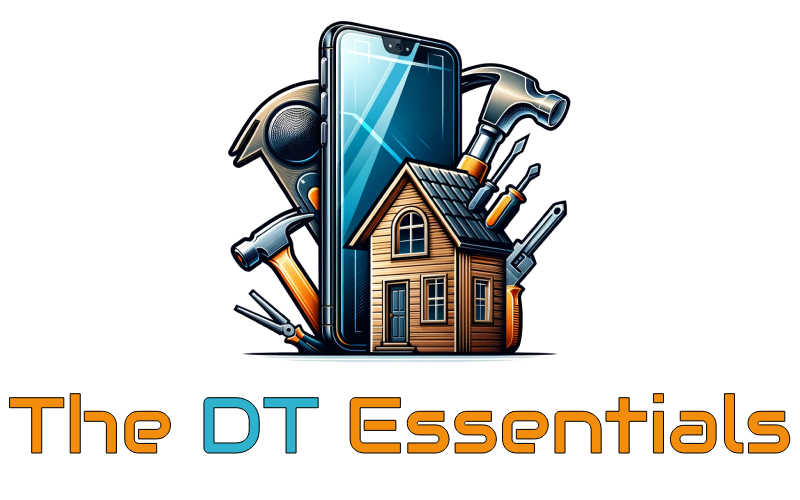Embarking on do-it-yourself (DIY) projects is a fulfilling and empowering endeavor, but having the right tools is crucial for success. Whether you consider yourself an experienced do-it-yourself enthusiast or are embarking on your crafting journey, possessing a properly stocked toolbox is crucial. In this article, we’ll explore the must-have tools that every DIYer should consider for a wide range of projects.
1. Measuring Tools
Precise measurements form the cornerstone of every triumphant DIY project. Ensure your toolbox includes essential measuring tools like a tape measure, a combination square, and a ruler. These tools are indispensable for marking and cutting materials precisely, laying the groundwork for a professional finish.
2. Power Drill and Bits
A power drill is a versatile and essential tool for a multitude of DIY projects. It simplifies tasks such as drilling holes, driving screws, and even sanding with the right attachments. Invest in a quality corded or cordless drill, and make sure to have a set of drill bits suitable for different materials.
3. Screwdriver Set
A reliable set of screwdrivers is a staple in any toolbox. Ensure you have both flathead and Phillips head screwdrivers in various sizes to handle different screw types. Magnetic-tipped screwdrivers can be particularly handy for keeping screws in place during installation.
4. Hammer
No toolbox is complete without a good-quality hammer. From driving nails to assembling furniture, a hammer is a fundamental tool for a wide range of DIY projects. Consider having different types of hammers, such as a claw hammer for general use and a rubber mallet for tasks that require a gentler touch.
5. Pliers and Wrenches
Pliers and wrenches are essential for gripping, bending, and turning objects. A set of adjustable wrenches and locking pliers provide versatility for various tasks. Additionally, needle-nose pliers are handy for reaching into tight spaces and handling smaller objects.
6. Level
A level ensures that your DIY projects are straight and true. Whether you’re hanging shelves, installing cabinets, or mounting artwork, a level is crucial for achieving professional-looking results. A bubble level, laser level, or a combination of both can be valuable additions to your toolkit.
7. Utility Knife
A sharp utility knife is invaluable for precision cutting of various materials, including cardboard, carpet, and plastic. Opt for a retractable blade design for safety and convenience. Having spare blades on hand ensures you can always work with a sharp edge.
8. Saw
For DIY projects involving wood or other materials, a saw is essential. The type of saw you need depends on your specific projects, but a versatile handsaw or a circular saw can handle a broad range of cutting tasks. Additionally, a coping saw or a jigsaw is handy for more intricate cuts.
9. Safety Gear
Prioritize safety by including essential safety gear in your toolbox. Safety glasses protect your eyes from debris, dust, and potential hazards. Additionally, work gloves provide hand protection, especially when handling rough or sharp materials. Depending on the project, consider investing in a dust mask and hearing protection.
Conclusion
Equipping yourself with the right tools is the first step towards DIY success. Whether you’re a weekend warrior or a dedicated DIY enthusiast, having a well-rounded toolbox with essential tools is crucial for tackling a variety of projects with confidence and precision. So, stock up your toolbox and get ready to bring your creative visions to life with the confidence that comes from having the essential tools at your fingertips.

